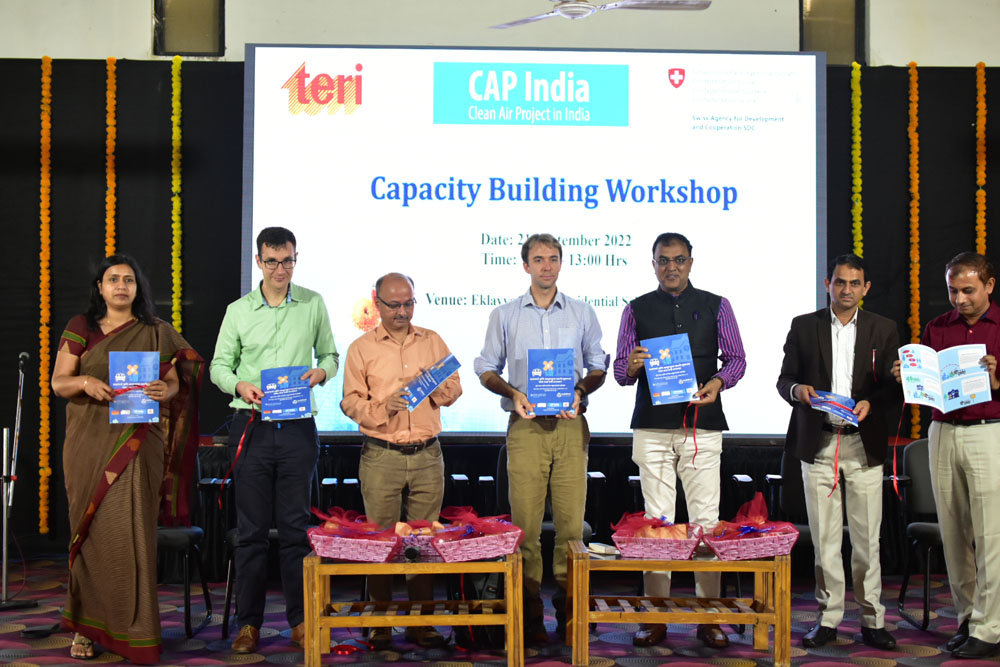School Awareness as part of CAP India

The alarming levels of air pollution in major cities across India have raised serious concerns about public health. It is a problem that demands a united effort, spanning global, national, regional, and individual levels, to combat. The Clean Air Project (CAP) in India, supported by the Swiss Agency for Development and Cooperation (SDC), is a crucial initiative aimed at improving air quality, enhancing well-being, and mitigating climate change impacts. The school awareness component of the project, currently active in Kanpur, Lucknow, Nashik, and Pune, is spearheaded by The Energy and Resources Institute (TERI) and seeks to instill behavioral changes in students, ultimately creating a ripple effect that benefits their communities and the environment.
Students play a pivotal role in shaping society. They are reservoirs of creativity, enthusiasm, and catalysts for social change. To create an environmentally-conscious society, it is imperative that students are equipped with the knowledge, skills, attitudes, and values necessary to understand their connection to the natural world and improve their living standards. The CAP-India project's awareness component is designed with this objective in mind, focusing on school students in Lucknow, Kanpur, Pune, and Nashik.
The first step of the project involves assessing the students' existing knowledge of environmental issues, with a specific emphasis on air pollution and its consequences. An array of activities, including interactive sessions, intra- and inter-school competitions, informative resource materials, and hands-on action projects, are organized to foster a deeper understanding of air quality-related issues.
The core purpose of this initiative is to empower the youth by enhancing their comprehension of their relationship with nature. It aims to enable students to make informed decisions and contribute positively to their environment. By providing them with a robust foundation in environmental awareness, CAP-India aims to elevate their standards of living while promoting a more sustainable future.
